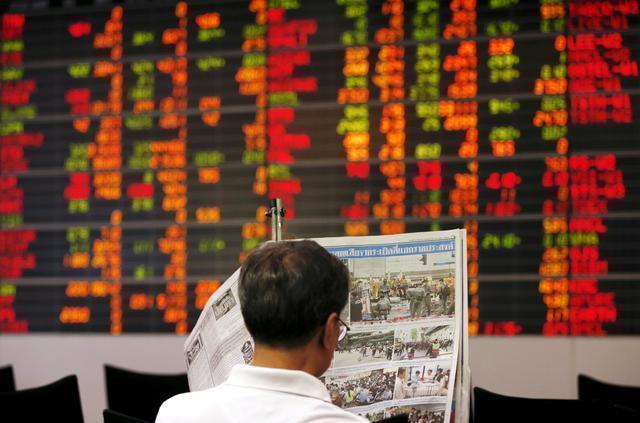Turkish ports experienced substantial losses in all types of transportation from exports to imports, from transit to coasting trade due to the adverse impact of the global recession and the Russia-Ukraine war. The number of handled containers dropped by 11% while the decline in transit containers dropped by 40% in September, compared to the same month last year. Container transportation contracted for the first time since the pandemic restrictions and slowdown, according to sector representatives. There was an increase in imported liquid load, mainly consisting of petroleum products and general cargo, which limited the contraction in the total amount of handling.
The slowdown in loans has started to limit economic activities and the real sector is fed up talking about the policy rate, according to Mahmut Asmali, Chairman of the Independent Industrialists and Businessmen Association (MUSIAD). Asmali stated in an exclusive interview with daily DUNYA that the industrialists don’t like an uncertain environment. He also said there are some risks for Turkey in case Europe enters a recession, however, this can be turned into an advantage if it is managed well.
The number of applications for the social housing project has reached 7.2 million to date, according to President Recep Tayyip Erdogan. Speaking after the Cabinet meeting, President Erdogan said the Environment, Urbanization and Climate Change Ministry has completed preparations for 1 million lands for the project. The first stage of the project consists of 500,000 houses, 250,000 of which will be delivered in two years. Land and office applications, which are the second leg of the project, will continue until November 7.
President Erdogan also announced a TRY 100bn loan campaign for tradespeople with an interest rate of 7.5% and a maturity of 60 months that will be provided by Halkbank. The President also stated that the upper limit for loans will be raised from TRY 350,000 to TRY 500,000 and the upper limit for office and commercial loans will be increased from TRY 1m to TRY 1.5m.
Touching on the new regulations for tradespeople announced by President Recep Tayyip Erdogan, Treasury and Finance Minister Nureddin Nebati tweeted that entrepreneurs’ and tradespeople’s access to low-cost loans will increase production and exports, will make the economy sustainable and raise the welfare level. Stressing that over TRY 17bn in resources was provided to 140,000 female entrepreneurs within the scope of the ‘Female Entrepreneurs’ loan started in March 2021, Nebati added: “The limit of the zero-interest rate loan we offer to young entrepreneurs will be tripled to TRY 300,000 and the age limit will be increased from 30 to 35.”
DAILY AGENDA
The current account balance posted a USD 3.11bn deficit in August, according to the Central Bank. The 12-month current account deficit hit USD 40.9bn in August.
The Construction Cost Index (CCI) jumped 116.98% in August, compared to the same month last year, according to the Turkish Statistical Institute (TurkStat). The CCI rose by 1.98% on a monthly basis.
Meanwhile…
>> The Istanbul Chamber of Industry (ISO) Turkey Manufacturing Export Climate Index remained unchanged at 48.8 in September.
>> Ihracati Gelistirme Anonim Sirketi (IGE), which was established by the Turkish Exporters Assembly (TIM) and Eximbank, has provided TRY 6.7bn in loans to more than 800 exporting companies through guarantee since its foundation, according to Ali Guney, General Manager of Eximbank.
>> Interest rates for commercial loans except for overdraft accounts and commercial credit cards have fallen to 19.39% in the week ending on September 30, according to the Central Bank. The figure has seen its lowest level since December 10, 2021.
>> The Intergovernmental Agreement on Dry Ports has been approved by the Parliament’s Foreign Affairs Commission. The pact will enable 19 logistics centers in Turkey to be recognized and help them to raise their standards.
READ A SELECTED ARTICLE FROM OUR MAGAZINE:
>> Production slows; contraction on the horizon
Daily DUNYA Editorial Coordinator and Columnist Talip Aktas examines the current state of the economic indicators that point to a slowdown.










